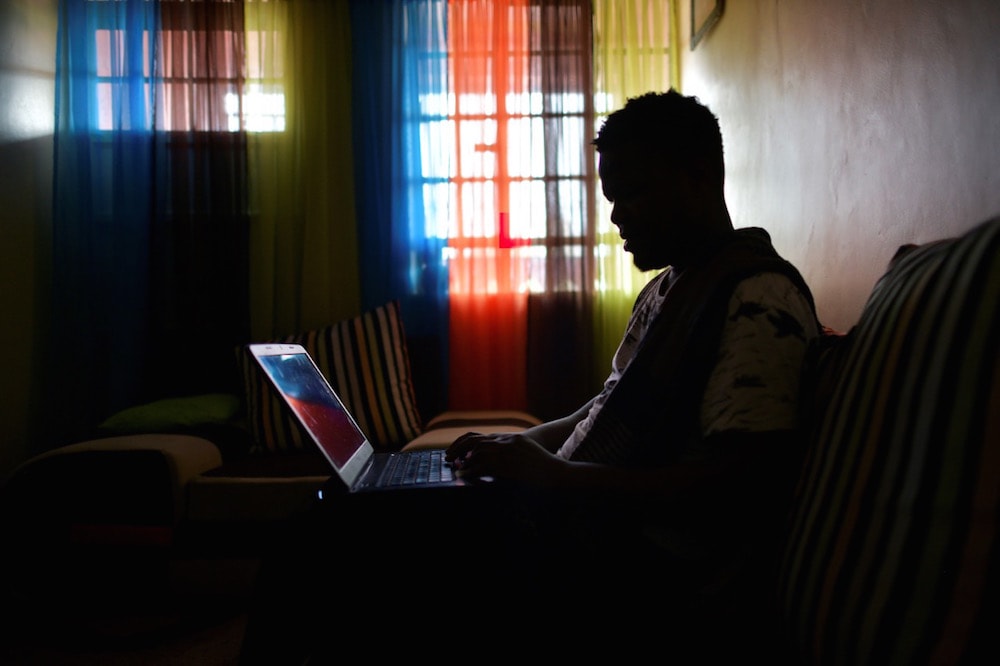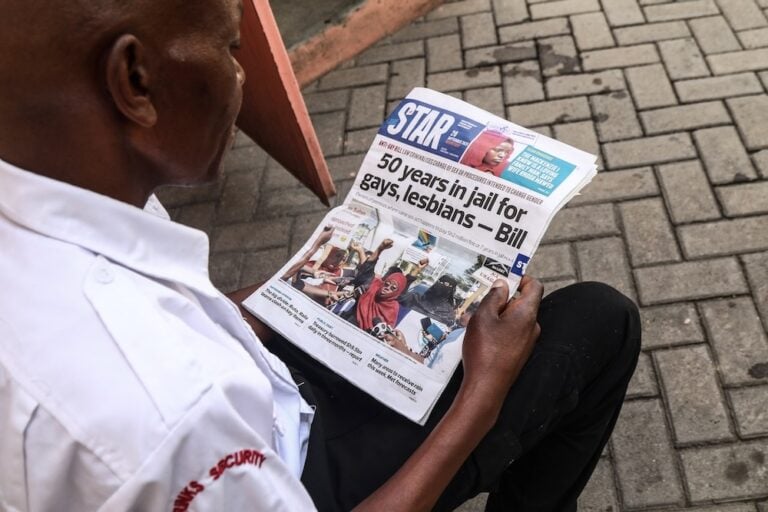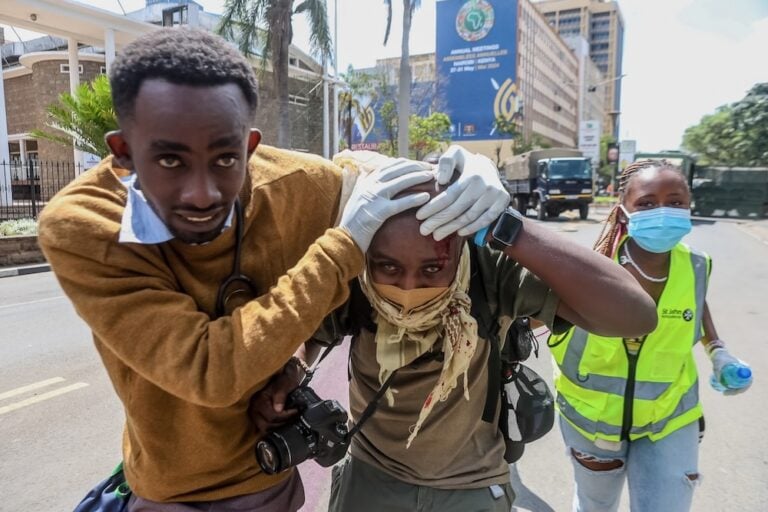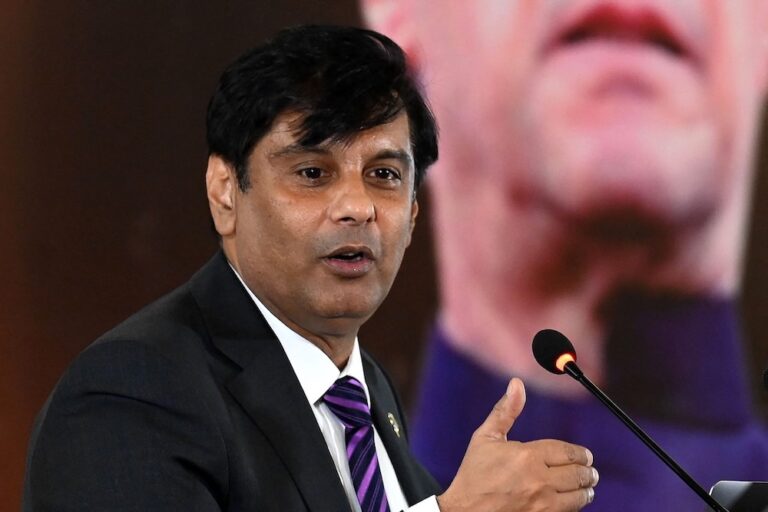The African Internet Rights Alliance (AIRA) has urged two Special Rapporteurs to publicly call on Kenya and Nigeria to ensure that their cybercrimes laws do not restrict fundamental rights and freedoms during the COVID-19 pandemic.
This statement was originally published on cipesa.org on 4 June 2020.
The African Internet Rights Alliance (AIRA) has expressed deep concern about the use of cybercrimes legislation to restrict rights and freedoms in Kenya and Nigeria. In turn, the alliance has petitioned the Special Rapporteur for Freedom of Expression and Access to Information in Africa, and the United Nations Special Rapporteur on the Promotion and Protection of the Right to Freedom of Opinion and Expression to help redress the situation in the two countries.
AIRA has urged the two Special Rapporteurs to publicly call on the governments of Kenya and Nigeria to ensure that their cyber-crimes laws do not restrict fundamental rights and freedoms during the Covid-19 pandemic.
See letter to the African Special Rapporteur and to the United Nations Rapporteur
The alliance raised concerns about Nigeria’s Cybercrimes (Prohibition, Prevention, etc) Act and Kenya’s Computer Misuse and Cybercrimes Act (or CMCA, 2018) – also known as the “fake news” law. For both countries, the alliance noted that during the Covid-19 period freedoms, particularly movement, access to courts, as well as economic and social rights, are being curtailed due to the extraordinary powers held by the governments.
In Kenya, concerns were raised about misinformation and Covid-19 as well as cyber-harassment. An example is the vaguely worded cyber-harassment provision under section 27 of the CMCA, 2018, which has granted the Kenyan government the power to prosecute people for voicing their concerns and opinions. This provision has the potential to lead to convictions for single and one-off, rather than repeated, communication(s).
Meanwhile, AIRA stated that Nigeria had taken a similar stance as Kenya, whose 2015 Cybercrimes law also includes the criminalisation of single incidents of “annoying communication”. According to the alliance, this is a threat to legitimate expression which has already had a chilling effect on civic space and digital rights in Nigeria.
The alliance recognises the need to combat economic crimes committed using digital technologies, as well as the need to curb misinformation during this public health pandemic. However, AIRA also noted that the cybercrimes laws in Kenya and Nigeria had created instruments which enable authorities to arbitrarily monitor and regulate the activities of internet users and to control free expression online, in the absence of adequate safeguards.
About AIRA: The Africa Internet Rights Alliance (AIRA) undertakes collective interventions and executes strategic campaigns that engage the government, private sector, media and civil society to institute and safeguard digital rights. The alliance is made up of nine civil society organisations based in countries across Sub-Saharan Africa, including Amnesty International, ARTICLE 19 Eastern Africa, BudgIT, the Centre for Intellectual Property and Information Technology Law (CIPIT), the Co-Creation Hub (CcHub), the Collaboration on International ICT Policy for East and Southern Africa (CIPESA), the Kenya ICT Action Network (KICTANet), the Legal Resource Centre (LRC) and Paradigm Initiative.



